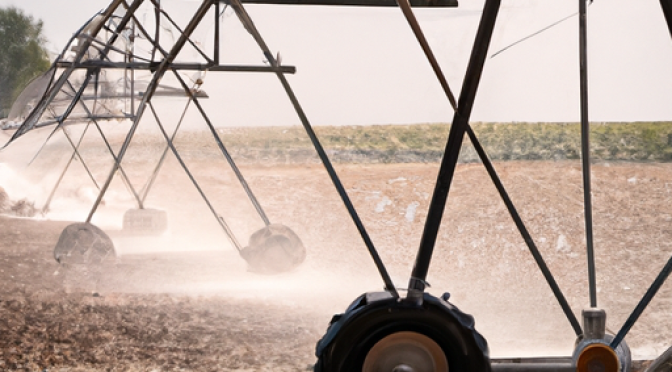Introduction
Precision agriculture is an agricultural method using modern technologies to increase productivity and minimise environmental impact. Water management is of paramount importance in agriculture, as adequate water quantity and quality are essential for healthy crop growth and optimised yields.
Water management benefits of precision agriculture
Precision agriculture allows for more accurate water use in agricultural fields. Modern technologies, such as soil moisture sensors and automated irrigation systems, allow more accurate determination of crop water requirements and optimisation of irrigation. This can reduce water wastage and minimise the risk of soil erosion.
Remote sensing technologies used in precision agriculture can provide farmers with detailed information on soil moisture, soil type and crop conditions. This allows for optimised water management, more efficient use of water resources and improved water quality.
Challenges and possible solutions
The application of precision agriculture to water management poses a number of challenges. One of these challenges is proper data collection and analysis. Processing and interpreting large amounts of data can be time-consuming, so it is important to apply appropriate data management and processing methods.
Weather variability can also be a challenge in precision agriculture. Variations in rainfall and dry periods can affect crop water requirements and irrigation needs. Therefore, regular data collection and real-time data-based decision-making are important.
Automated irrigation systems and precision agriculture technologies can be costly, which may limit their uptake by farmers. However, in the long term, increasing the efficiency of water management and reducing water wastage can lead to significant savings.
Conclusion
Precision agriculture has a significant impact on water management. New technologies and methods allow more accurate water use, reduced water wastage and improved water quality. However, the application of precision agriculture poses challenges that can be addressed through appropriate data management, weather monitoring and cost-effective solutions. To increase the efficiency of water management and ensure environmental sustainability, further development and uptake of precision agriculture is essential.
∑: agriculture, precision, management, technologies, irrigation, challenges, quality, accurate, wastage
